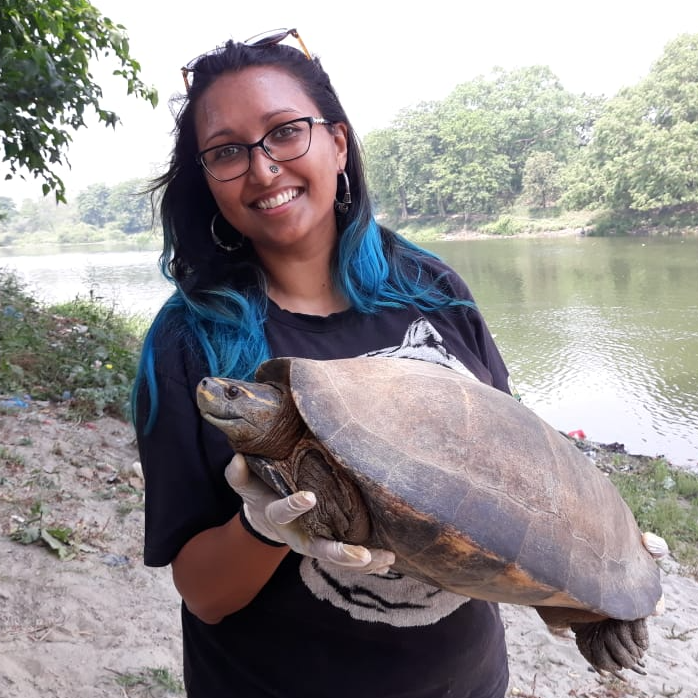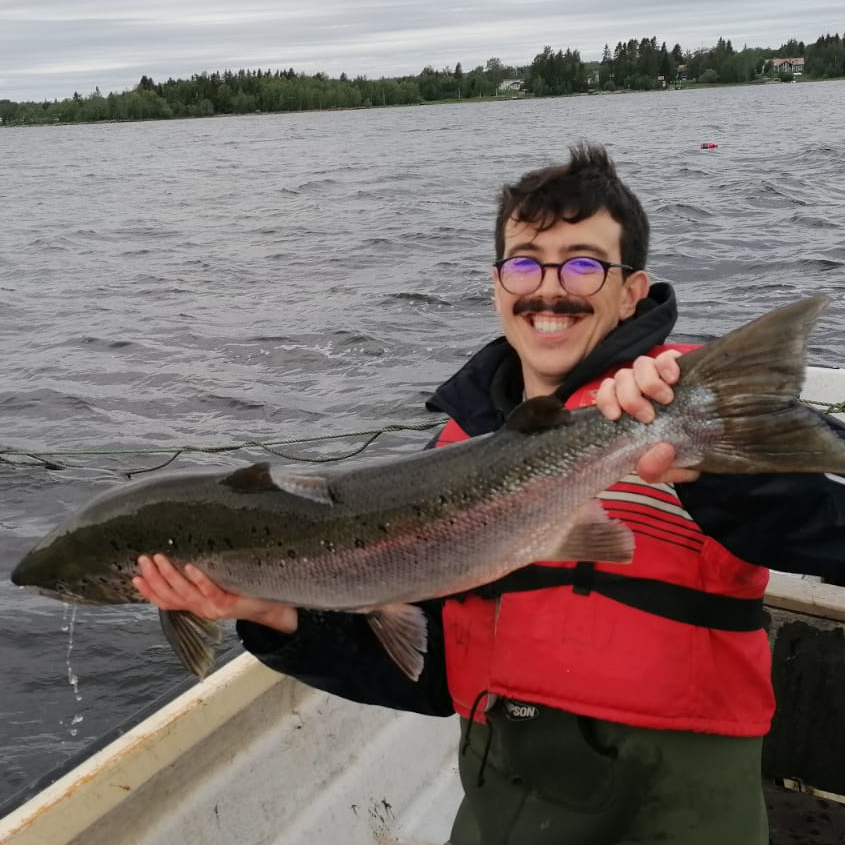SORTEE member voices – Rishika Dubla
[SORTEE member voices is a weekly Q&A with a different SORTEE member]
Name: Rishika Dubla.
Date: 02 July 2021.
Research and/or work interests: I’m an evolutionary biologist, with an interest in sexual selection and conflict, and social behaviours in reptiles. Overall, I’m interested in the different interactions between the sexes and how that can lead to novel adaptations which exhibit plasticity and eventually drive the evolution of a species to adopt unique social systems. I’m particularly interested in these patterns in reptiles as often they’re considered ‘behaviourally inferior’ to mammals, though in fact they are very socially complex animals but receive limited attention. I’m also interested in scientific illustrations and dabble in a bit of sci art too! .







